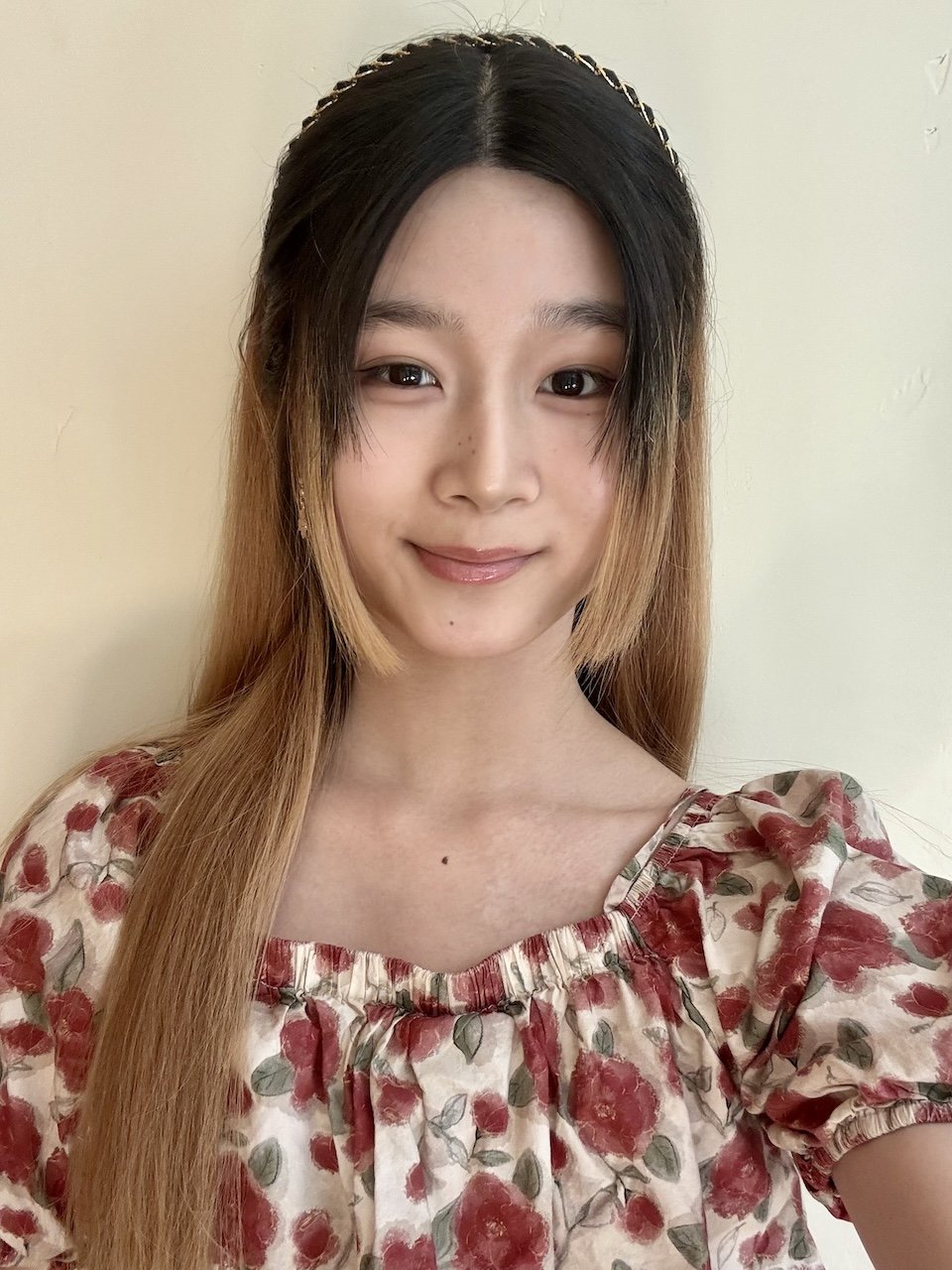Dr. Yongqi shares how a lifelong love of music led to a rewarding career in both performance and education. From early lessons to inspiring the next generation, read her story here.
How old were you when you started taking music lessons and what was your first instrument?
I actually started music lessons with piano and violin when I was five. But for some reason, I didn’t enjoy holding the violin under my chin, it just didn’t feel natural to me, so I stopped. Later on, I discovered the cello, an instrument I could play while finally sitting comfortably haha! Of course, what really won me over was the cello’s beautiful, warm sound. I’ve been in love with it ever since.
Who/what inspired you to become a musician and music teacher?
Growing up as a musician, I was surrounded by passionate teachers and fellow musicians who not only taught me technique but also shared their deep love for music. Their dedication inspired me to pass that joy on to others, whether on stage or in the classroom. Teaching allows me to be part of someone else’s musical journey, which is both deeply meaningful and rewarding.
Who or what have been the most important influences on your musical life and career?
My mentors and teachers have been the greatest influences on my path, each brought something unique to my musical growth. I also draw inspiration from fellow performers and students, who continually remind me how powerful and personal music can be. And most of all, one of the most important inspirations in my life is Mstislav Rostropovich—one of the greatest cellists of all time, and the teacher of my own former teacher.
Tell us about your musical and teaching background.
I hold a Doctorate, a Master’s, and a post-graduate Performance Certificate, all in Music Performance, as well as a Bachelor’s degree in Music Education. I also pursued minors in several areas, as I believe it’s important to build a broad and versatile foundation as both a musician and educator. For example, vocal arts has helped me better interpret phrasing, while organ and piano have deepened my understanding of counterpoint. My background in music education has also provided valuable insight into psychology and pedagogy, both of which are essential to effective teaching. I have over a decade of teaching experience ranging from elementary to collegiate levels. In addition to my work at New Mozart, I am also part of the Lecturer Pool at the San Jose State University School of Music.
Is there a particular piece of music or composer that you feel especially connected to, and why?
To be honest, I find every piece and composer to be unique. Often, when I revisit a piece after several years, I discover new details and develop new interpretations. Each time I play them, it feels like a personal conversation between the music and the performer. That said, some of my favorite composers are Bach, Brahms, Schubert, and Debussy. I love French music, haha.
Do you have important ideas and concepts to impart to aspiring musicians?
Absolutely. Music is not just about playing the right notes, it's about finding your own voice and learning how to express it. I encourage students to develop curiosity, patience, and a love for the process. Growth in music, like in life, is a journey.
What do you love most about teaching?
I love witnessing the moments when things "click" for students, specifically the joy in their eyes when they overcome a challenge or realize they can do something they couldn’t before. Helping students grow in confidence and musicality is incredibly rewarding as a teacher.
How do you approach setting goals with students, both short-term and long-term?
I set goals based on each student’s age, personality, and learning style. We work toward small, achievable milestones that build confidence and momentum, while also discussing broader musical goals, whether it’s performing a favorite piece, preparing for a recital, or composing original music.
Do you have a practice tip you want to share with our students?
Be present in the moment and listen carefully. Break things into small sections and focus on one goal at a time, whether it's rhythm, intonation, or phrasing. Quality is more important than quantity. Pay close attention to how you sound, and make adjustments as needed. If one solution doesn’t work, try another, practicing is all about exploration and problem-solving.
What do you enjoy doing when you’re not teaching, practicing, or performing?
I love spending time at coffee shops, especially with a good matcha latte! I also enjoy visiting museums, reading, spending time in nature, and learning new things. But most of all...I have to say, I love practicing the most, haha! It’s like solving a puzzle! I enjoy observing, analyzing, and trying out different solutions to improve a passage or bring out a musical idea.













































